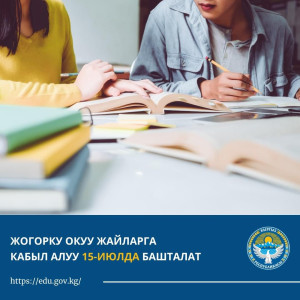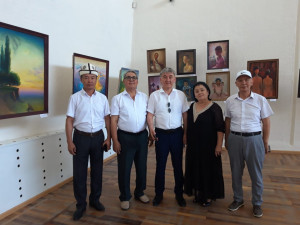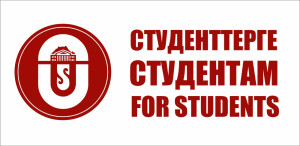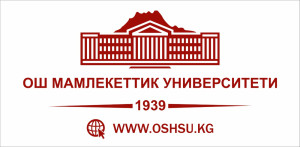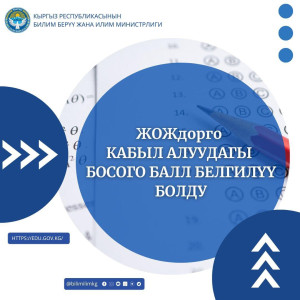
Interview with the vice president for international affairs of OshSU
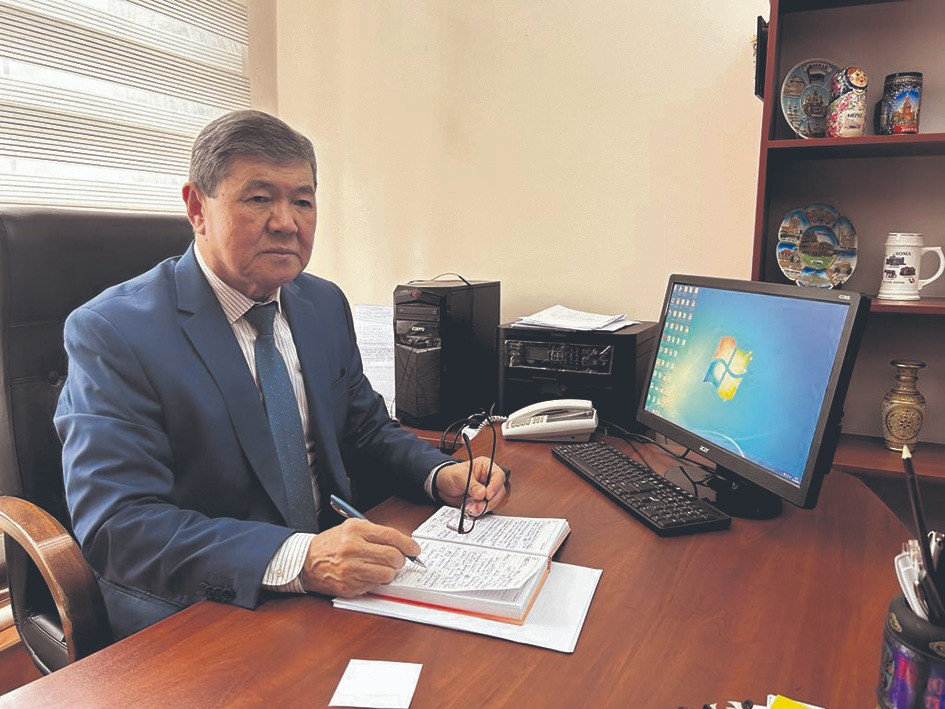
- How does the goal of entering the QS ranking affect the department you lead?
- One of the requirements in the rating is academic reputation. After that, internationalization, academic mobility, exchange of students and teachers, as well as implementation of joint education - double degree programs will be carried out. In fact, a lot of work is done in this direction in our department. Our main goal is to contribute and create conditions for raising the reputation of the university by conducting cooperation with foreign and domestic partners at a high level.
- How is cooperation with foreign higher education institutions going?
- Today we have agreements with more than three hundred universities. We work closely with most of them. Recently, we have signed contracts with the world's leading universities. In particular, during the last year, the University of Missouri in the USA, the University of Poitiers in France, the Bydgosz University of Economics in Poland, the South Czech University in the Czech Republic, Pamukkale and Sivas Cumhuriyet Universities in Turkey, Lomonosov Moscow State University, St. Petersburg State University, Moscow State Medical University, China's Central Nations University, Korea's Hanbat University, etc. Agreements on cooperation with educational institutions started to work.
- What kind of work is being done within the framework of cooperation?
- Here we mainly exchange experience, exchange students, and teachers, create and implement joint educational programs, and cooperate in scientific and cultural spheres. For example, a total of 296 students and 214 lecturers visited partner universities in the 2021-2022 academic year. With the Erasmus+ program, 9 students from the University of Cadiz in Spain, 1 from the University of Marburg in Germany, and 8 students from the Republic of Korea under a bilateral agreement, about 40 students from universities in Turkey, more than 100 students from universities in Kazakhstan and Uzbekistan, 5 students from Russia, as well as 100 students from domestic universities received an education.
- Are there programs that provide grant support for sending students and lecturers abroad?
- There are such programs. We use special programs to send mobility students abroad. In particular, we organize students to study in foreign educational institutions with the help of scholarships and grants based on Erasmus+, Turkey's Mevlana, Germany's DAAD, China, Russia and SCO universities association exchange, India's Aytek and other programs. Currently, our students are more than 35 at the universities in Turkey, 56 students are studying at Gumilev Eurasian National University in Kazakhstan and 235 students are studying at partner universities. Also, opportunities are being created to study in educational institutions in Korea, Russia, Europe, Japan, and China, and to learn the traditions, culture, and language of those places.
- Can you tell us about the faculties and specialties opened at OshSU on the basis of international agreements?
- The first opened faculty is - in 1993, an agreement was signed with Turkey's Ankara University, and the Faculty of Theology was opened. Students study there for a year in the preparatory course and continue the rest here. Next, in 1996, the Faculty of Business and Management was opened with the University of Portland, USA. In those years, our teachers went to the United States for internships. Professors from there came to us and worked for a couple of years. In 2013, the Kyrgyz-Chinese Faculty (Confucius Institute) was opened in cooperation with Xinjiang Pedagogical University. The Higher School of International Education operates on the basis of contracts concluded with universities in Turkey, Europe, and Russia.
- Abdygany Osmonovich, thank you very much. Wish you more success in international relations.

